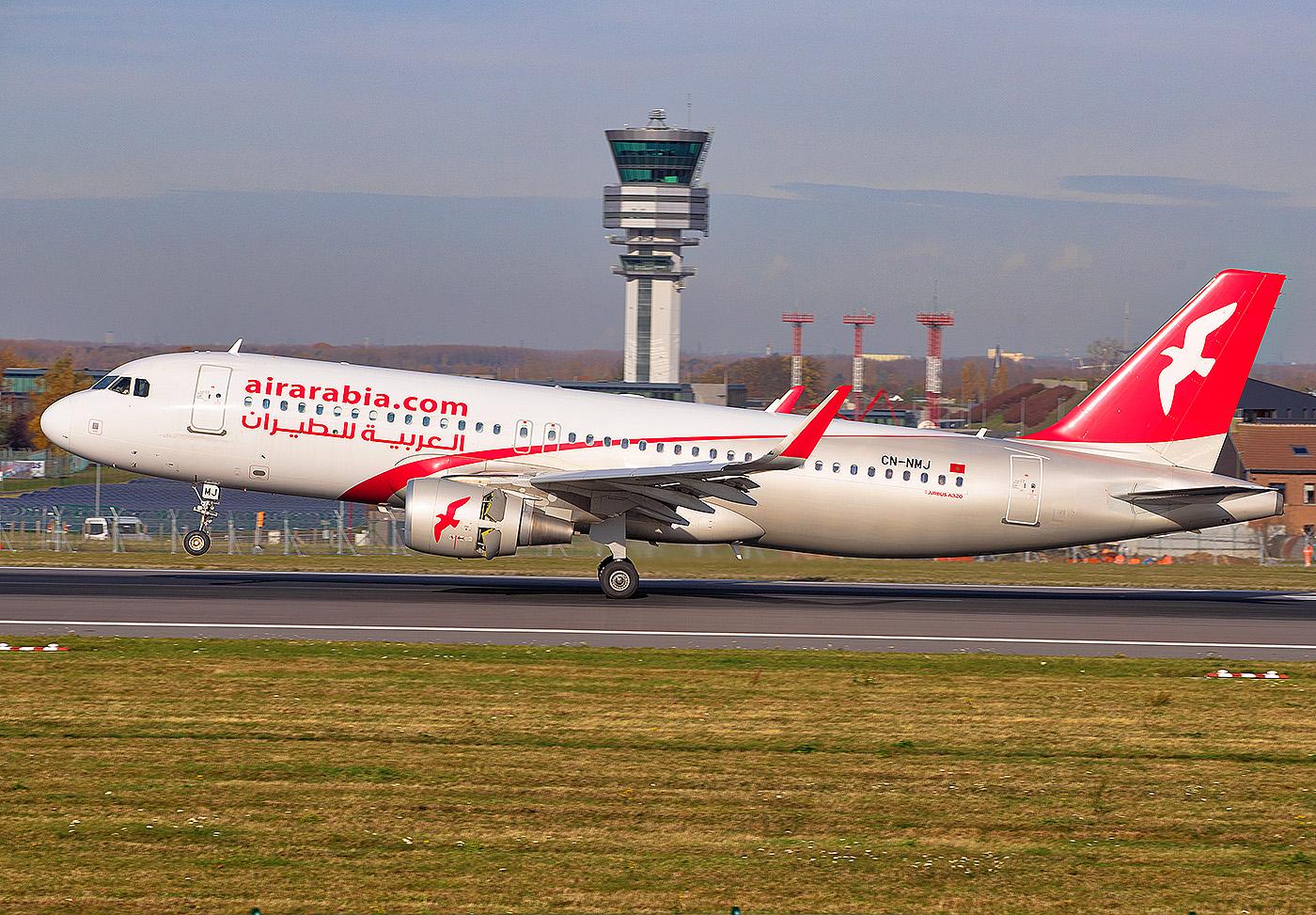
ISTANBUL–Air Arabia Group, an all-Airbus A320 family operator, has experienced some issues with new-generation engines, but the company’s CEO says supply chain problems remain its biggest challenge.
United Arab Emirates-based Air Arabia has six A321neoLRs in service, powered by CFM Leap-1A engines. While some Leap customers are seeing issues, problems are far more widespread among operators of Pratt & Whitney PW1000G engines that also power the A320neo family. Most of CFM’s logjams stem from removals at carriers operating in harsh environments, such as the Middle East.
The rest of Air Arabia Group’s 70-strong fleet are A320ceo family aircraft.
“New technology has its teething challenges, but I’m sure it will be fixed in time to come,” group CEO Adel Al Ali told ATW on the sidelines of the IATA AGM in Istanbul.
“We have leased more aircraft. The majority of our fleet are A320ceos. The new engines seem to be not as settled as they should–a work in progress. But I’m sure nobody is happy,” he said.
So far, no aircraft have been grounded. “And we take no new aircraft until 2025. All current additional aircraft we have leased from the market and will be A320ceos,” Ali said.
“We use the LR´s on the longer routes, up to seven hours, like to Kuala Lumpur or Milan,” he added.
The LCC has another 120 aircraft on order.
“From 2025, every year we will receive 20 aircraft,” Ali said. The order comprises A320neos, A321neos and A321XLRs, some of which will replace existing aircraft. “By 2030, we should be just under 200 aircraft in the fleet,” he said.
The A321XLR will allow Air Arabia to serve more destinations in southeast Asia, Europe and Africa, Ali said. Europe is a key market, but the group is limited by the range of the A320ceo and A321ceo, he said.
Ali said supply chain issues are the biggest challenge for the Air Arabia Group.
“This has been challenging and really means increasing costs as well as reducing the expansion of the network, as more time is needed to maintain aircraft,” he said. “An engine shop visit took 60 days, then it increased to 90 days. Now it can go up to six months. Those challenges are getting worse, not better.”
Ali said the harsh environment where Air Arabia operates does not seem to be a factor in new-generation engine reliability.
“In our discussions with colleagues in Europe, which are operating the same type of aircraft, in very cold parts of Europe as well, it seems they suffer from the same challenges,” he said.
Air Arabia was launched in 2003 and went on to establish Air Arabia Maroc, Air Arabia Egypt and Air Arabia Abu Dhabi. In 2022, these were joined by Armenian carrier Fly Arna and Pakistan’s Fly Jinnah.
The group is partnering with the Armenian National Interests Fund on Fly Arna.
“This one in Armenia is surrounded by political issues, but it is early days and we progress as it goes,” Ali said.
In its first year of operation, Fly Jinnah is only permitted to serve domestic routes within Pakistan.
“We find a very positive response from the Pakistan market,” Ali said. “And I hope, starting from October 2023, the carrier can fly internationally.”
